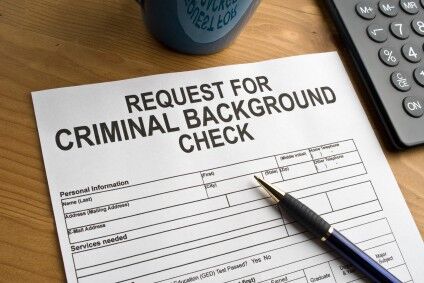
Today’s guest post is from Jane Smith
Whether or not you believe that firearm background checks should be required to purchase firearms, most firearms dealers in the United States do perform such checks after the Brady Handgun Violence Protection Act was passed in the 1990s. As a responsible gun owner, it’s important to know basic facts about background checks and other standards of federal and state gun control. Here’s what you need to know.
1.An individual is not allowed to own a gun if a background check reveals a specific criminal history.
Of course, a prospective gun buyer is not automatically disqualified from owning a gun if he or she has had any sort of criminal history. However, in accordance with the Brady Act, a firearms dealer cannot sell a firearm to a person whose background check indicates that he or she has/is
Persons Disallowed Firearm Purchases
- Been convicted of or is under indictment for a felony punishable by up to one year in prison.
- Been convicted of a felony punishable up to two years in prison.
- Renounced American citizenship
- A fugitive
- An illegal immigrant
- Been deemed mentally unstable by any institution.
- Used illegal controlled substances
2.If a background check cannot be cleared in three business days, a firearms dealer is allowed to sell the firearm.
Most background checks for purchasing firearms are issued to dealers in a matter of minutes. Firearms dealers have access to national database that streamlines the background check process. Delays mostly only take a couple of hours. If, however, a background check has been delayed by three business days, the firearms dealer may sell the firearm without a background check.
3.It is illegal to privately sell a firearm across state lines.
This is an important rule to keep in mind if you happen to want to sell any of your firearms to an individual privately. While you can sell a firearm to another individual, the transaction must occur within the state that you reside.
4.It is illegal to sell a firearm privately if you know or have reasonable suspicion that the prospective buyer has a criminal history.
Again, this is another important regulation to remember. Of course, it’s entirely possible that you may accidentally sell a firearm to a criminal. But if you have reasonable doubt about the buyer’s criminal background or mental instability, you can be held liable.
Gun control in the United States is ever-evolving, and as the government increasingly encroaches on our freedoms, it may be more and more difficult for a law-abiding citizen to purchase and keep a firearm. Even so, it’s important for all gun owners to be aware of the laws and how it may affect them.
